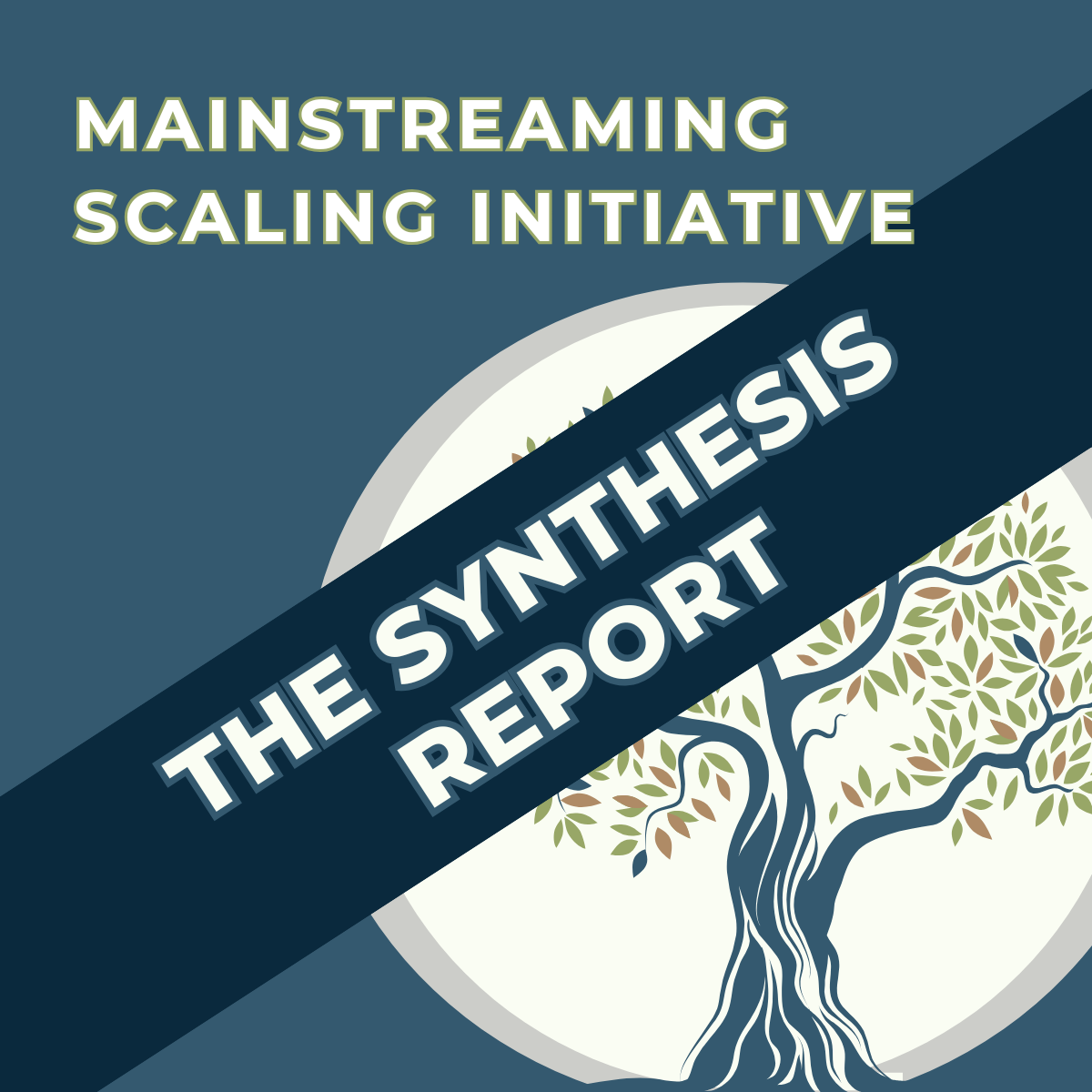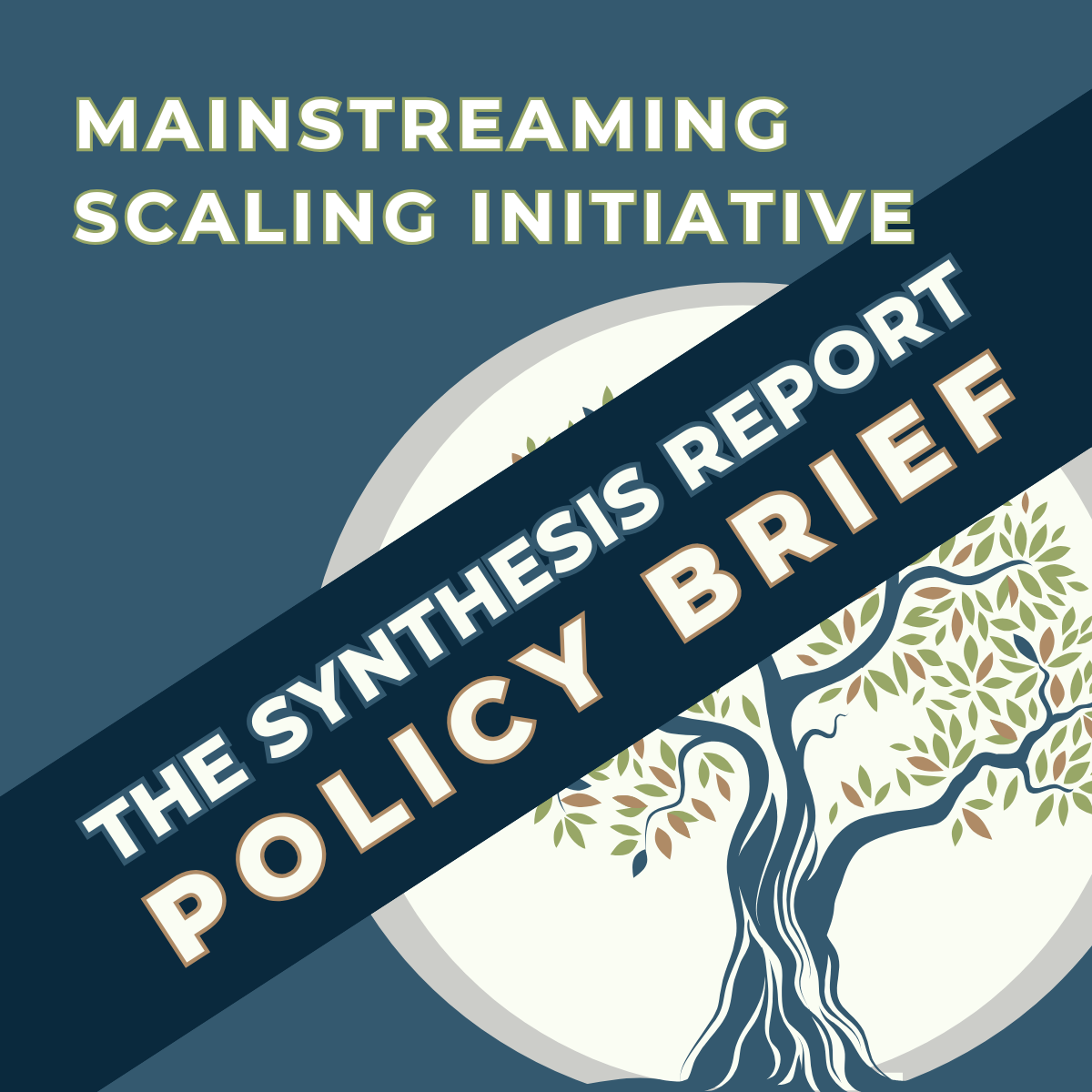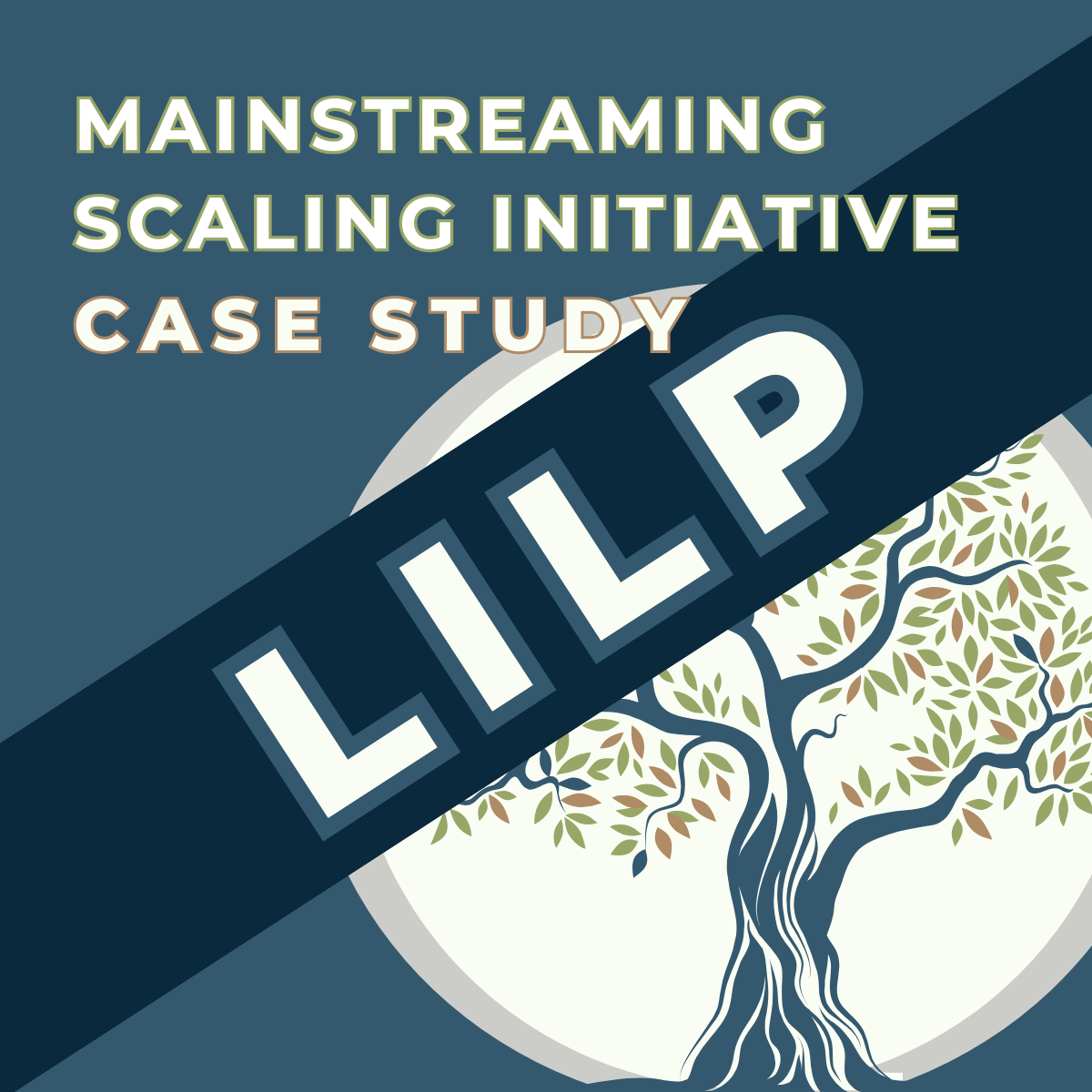Each year an estimated 750 million people have a justice problem that they are unable to solve (1.5 billion people over 2 years). The Task Force on Justice and the Hague Institute for Innovation of Law have pointed out that if SDG’s promise of ‘equal access to justice for all’ is to be achieved, low-cost models able to respond to unmet justice needs at scale are needed, with hundreds of millions more justice problems solved each year, and economies of scale kicking in. Most recently, a challenge paper from the United Nations Foundation has called for a re-set in the level of ambition spearheaded by the Justice Action Coalition towards strategies for investing and implementing at scale, moving from ‘justice for the few, to justice for all’.
Low-cost scalable justice services in lower-income countries
ODI’s recent paper ‘Small is beautiful: scale is necessary: front-line justice services in lower-income countries with the potential to scale-up’ calls for better use of the declining justice aid budget, with a much stronger focus on scaling-up low unit-cost front-line justice services in lower-income countries.
Based on original data collection, the paper provides 25 examples of front-line justice services from 12 lower-income countries (Bangladesh, Democratic Republic of Congo, Haiti, Kenya, Malawi, Rwanda, Sierra Leone, Solomon Islands, Somalia, South Sudan, Tajikistan, and Uganda) that either are, or have the potential to be, cost-effective and capable of being scaled-up. The services are models of frugal innovation: they minimize the role of lawyers for basic and community-level services, use appropriate technology and low-cost transport, as well as early interventions to prevent justice problems escalating. Importantly, they are people-centered, and from the outset designed to be low-cost and therefore scalable. Examples include BRAC’s legal aid clinics in Bangladesh, the Paralegal Advisory Service Institute’s (PASI) criminal justice defenders and community-based paralegals in Malawi, and Justice Centers in South Sudan.
The services, which are provided by both governments, and by civil society, address a range of justice needs including gender-based violence; land disputes; community disputes; and human rights abuses. Some services are operating in fragile, conflict affected, and oppressive political contexts. All relate directly to SDG16.3 indicators on unsentenced detainees (SDG16.3.2) and dispute resolution (SDG16.3.3).
ODI’s research shows that affordable benchmarks are achievable: $20 per case in low-income countries and $50 per case in lower middle-income countries. With these benchmark unit costs, services have the potential to be scaled up, so that they provide nationwide front-line justice services – legal advice, assistance and basic dispute-resolution. A key finding was the strong relationship between scaling-up and reduction in unit costs. The graph below shows how in Malawi PASI’s unit-costs for community-based paralegals vary between districts where they are handling only a few cases a year (over $90 a case) to districts where they are handling nearly 8,000 cases a year (below $5 a case).

Levels of justice service coverage
ODI’s research has for the first time provided estimates of the level of un-met justice service needs in lower-income countries. We have translated data from the World Justice Project’s legal needs surveys on numbers of respondents with unmet justice needs, into estimates of the level of justice service coverage. This meant comparing the annual level of justice service needs (i.e. the number of justice / legal cases which are non-trivial and require external assistance) with the number of cases being handled by community justice service providers. As the table below shows, Sierra Leone is the stand-out example with its mainly government funded Legal Aid Board handling an average of 117,400 cases a year and, it is estimated, addressing over 50% of Sierra Leone’s needs for legal advice and assistance services.
Sierra Leone is the exception. Other lower-income countries we looked at are not reaching anything like this level of coverage. The next best is Rwanda, where civil society organizations together with Abunzi village mediation committees are addressing an estimated 17% of the country’s legal needs. In most of the lower-income countries considered, the coverage is under 10%. So, in a typical lower-income country over 90% of legal needs (which could include dealing with gender-based violence, human rights abuses, land disputes, and community disputes) are not being met.
Estimates of the extent to which need for legal advice and assistance is being met by the major community justice providers
| Country | Organization | % needs for legal advice and assistance being provided |
| Bangladesh | BRAC | 0.6% |
| Malawi | Paralegal Advisory Service Institute – village mediation | 3.0% |
| Rwanda | Five civil society organizations + Abunzi (village mediators) | 17.5% |
| Sierra Leone | Legal Aid Board | 51.6% |
| Solomon Islands | Community officers | 1.1% |
| Somalia | Alternative Dispute Resolution Centers | 0.4% |
| South Sudan | Group of CSOs | 2.0% |
| Tajikistan | Legal aid centers | 4.7% |
| Uganda | Legal Aid Service Providers’ Network members | 6.5% |
Source: ODI analysis. Drawing on data from World Justice Project legal needs surveys and in the case of the Solomon Islands from a UNDP survey. For countries where legal needs surveys have not been conducted, ODI has estimated the level of legal needs based on surveys in comparable countries.
The role of donors
Few justice service providers, or their funders considered in ODI’s research knew (and therefore presumably had limited concern about) the unit costs of the justice service they were providing or funding. The failure of lower-income front-line justice service providers, or their funders to focus on unit costs, may reflect a failure to think big and to have the vision of providing nationwide access to justice services to address un-met justice service needs.
As far as donors are concerned, limited interest in unit-costs may stem from multiple and often confused programming objectives. Scaling-up access to people-centered justice rests on the contested notion that justice can be regarded as a service, like health or education. But much donor justice programming is focused on high-level rule of law objectives and human rights issues and on institutional reform at the center, rather than on front-line service delivery. Overviews of donor programming over the past 20-30 years conclude that while this kind of justice programming may have succeeded in what it set out to achieve at output level, examples of sustained, significant outcomes and impacts are few. However, ODI’s research provides evidence that, although justice may be seen as a politically contentious sector, front-line services addressing people’s everyday justice problems through legal advice, assistance and dispute resolution, can deliver results, even in politically oppressive and conflict-affected contexts.
ODI’s research has highlighted the ‘army of doers’ and justice entrepreneurs, both government and civil society in lower-income countries who are delivering cost-effective, people-centred justice to communities and individuals. Their approaches are localised and innovative. The key constraint preventing them from scaling-up and providing 100% national coverage is funding. Many service providers are operating on a hand-to-mouth basis, with their funding highly constrained and fragmented.
Previous ODI research highlighted the unaffordability of even a basic justice service for lower-income countries, even if they were to maximize their tax-take. And ODI’s analysis of domestic financing for justice shows that lower-income countries are unsustainably ‘overspending’ on justice, allocating 70% more proportionately of their domestic budgets to the justice sector than OECD countries do. Thus, the scope for lower-income countries re-allocating their domestic budgets to front-line services is limited.
On the basis of its data collection across 12 lower-income countries, ODI estimates that it would cost $249 million a year to provide universal access to community-based legal advice and assistance plus access to criminal justice defenders for all pre-trial detainees across all low-income countries. That is under 10% of the current total aid going to justice. ODI considers there to be a good case for re-balancing the justice aid budget, with 10% targeted on low-cost, scalable front-line justice services. There are lessons to be learnt from other sectors, such as health and education, about appropriate funding mechanisms for external actors providing sustained, coordinated funding for scaled-up services.
Acknowledgement: ODI’s pioneering research on justice financing: “Taking people-centred justice to scale: Investing in what works to deliver SDG 16.3 in lower-income countries,” is supported by Pathfinders for peaceful, just and inclusive societies, the Netherlands Ministry of Foreign Affairs and funded by the Charles Stewart Mott Foundation.


